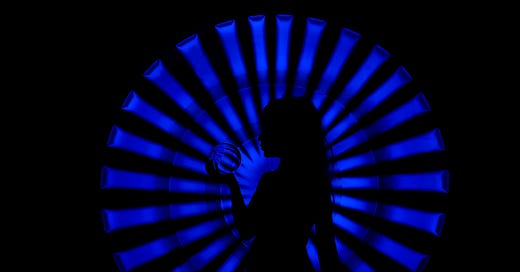Hiya!
So, I know some of the topics I write about may be considered a little ‘out there,’ like when I wrote about astral projection or human intention. Personally, I like understudied, mysterious, or new subjects because they make us consider things in a new way. Especially considering the leaps and bounds of the scientific community’s discoveries over the last couple of decades.
Still, sometimes new information causes people to feel uneasy if it challenges their perspective too much. Instead of entertaining such ideas, people will often steer clear or entirely dismiss the topics, blaming the lack of scientific proof or understanding. This is why I find the subject of hypnosis so interesting. Because for once, it’s the scientific community stating that hypnosis is not only natural but beneficial — while the public remains skeptical.
Brief History of Hypnosis
The concept of hypnosis is about as old as the ideas of sorcery, magic, and medicine. In fact, hypnosis was often a tool used in all three categories. Its use in medicine and healing is where hypnotherapy gained scientific interest in the late 18th century.
A German physician named Franz Mesmer used hypnosis in Vienna and Paris as treatments in the late 1770s, although he called it “mesmerism,” after himself, of course. You might be more familiar with the term “mesmerizing,” which originates from Mesmer too.
He was on to something by studying hypnosis, but his reasons for the phenomena were way off base. Mesmer thought the effects were caused by a magnetic occult force that he termed animal magnetism. It didn’t take long before he was discredited and accused of being a fraud. Despite this, he opened a door of curiosity that others within the scientific community couldn’t resist.
For the next hundred years, plenty of experts attempted to use hypnosis without fully understanding what it is or how it works. Then around 1880, it burst into popularity when James Braid, an English physician studying it, coined the terms hypnosis and hypnotism — named after Hypnos, the Greek god of sleep.
Keep reading with a 7-day free trial
Subscribe to Curious Adventure to keep reading this post and get 7 days of free access to the full post archives.



